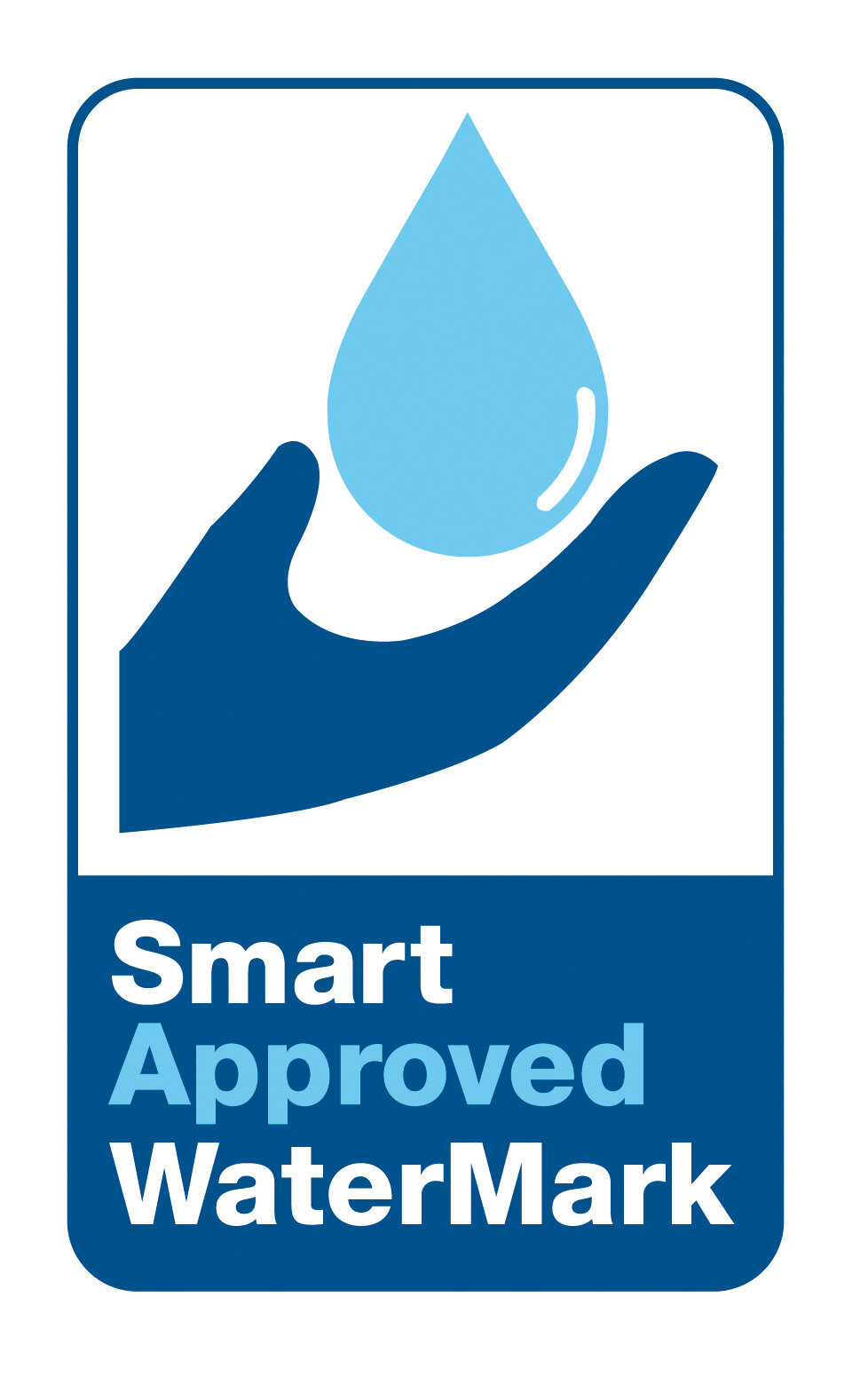Usually, when we hear about China, it's related to the coronavirus or trade issues. What we don't hear that much about is this: restroom vandalism.
But apparently, according to Kate Navarra, a freelance writer writing in Park & Recreations Magazine, Chinese vandals are famous for routinely targeting concession stands, storage sheds, and public restrooms in just about all corners of the country.
Photo by Jonathan Beckman on Unsplash
Sometimes the public restrooms, if they have showers, become the "individuals personal shower stall," which they manage to use long after the restroom has been closed for the day. Further, while there, they often "decorate" these restrooms and fixtures with their personal brand of graffiti.
In one Chinese public restroom, the problem was not so much graffiti or turning the public restroom into a personal restroom. It was theft. Thieves were removing so much toilet paper from the restroom, "officials installed facial recognition software in the restrooms" to help prevent it.
The way this worked was the toilet paper was installed on rolls inside the walls of the restroom.
When someone wants toilet paper, they must stare at a machine for three seconds. The system would then dispense two-feet of toilet paper.
But that's not all. Because the system was equipped with facial recognition technology, in most cases, it could recognize and identify the person asking for the toilet paper. For many people, this was considered "too much information" for the government to have.
Further, if the individual wanted or needed more toilet paper, "they must wait nine minutes before being doled out a second ration," according to Navarra.
But we cannot point the finger just at China. We have our own problems over here.
For instance, El Paso, Texas, has more than 250 parks and 16 recreational centers all equipped with park restrooms. Theft and vandalism was an ongoing problem in all these sites, but especially in one in particular.
To stop theft at this problem location, maintenance crews placed a quarter-inch metal plate over the entire restroom door, covering the door and its locking mechanism. Without the keys to the metal door, "you had to reach in a contorted fashion to unlock the door."
Guess what? El Paso apparently has many contortionists. The door and the restroom were broken into regularly.
What surprisingly did help in the El Paso parks were solar powered motion triggers installed in the restrooms. If someone enters – meaning breaks in - after hours, the system plays a pre-recorded announcement that they are not to be in the restroom and are being photographed. And, sure enough, they were.
Cameras in hidden areas of the restroom began flashing. Using a Bluetooth connection, the images were sent to the Park District and shared with the local police. "Since installation, we have not had one incident" in this location, says one of the park administrators.
However, these systems do not come cheap. They cost about $8,000 per unit.
Another problem some restrooms have in this country is that people move in, making them their residence. In the process, they take whatever they can. This has been a problem with Atlanta's MARTA system, the city's subway, which has several one-person restrooms.
Photo by Charles Deluvio on Unsplash
To address this, administrators have installed "smart" devices that can tell how long someone has been in the restroom. These devices serve two purposes.
· First, if someone has entered the restroom and there is no movement after ten minutes, station attendants are instructed to see if everything is alright or if there is a health emergency. It has, and does happen.
· In other cases, if there is no movement after ten minutes, it means someone has moved in for the night. Once again, the station attendant comes in, but this time to ask the person to move on.
However, since these "smart" devices have been installed in the subway restrooms, administrators report that vandalism and theft from the restrooms have dropped significantly. It appears, whether in China or here in the U.S., it is new technology that is protecting our public restrooms.











